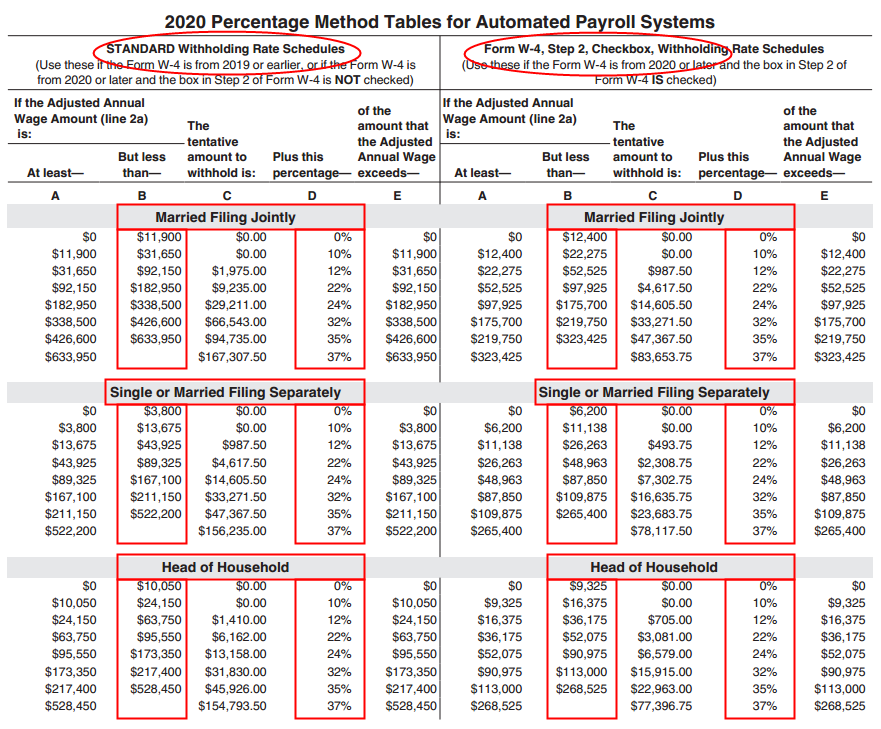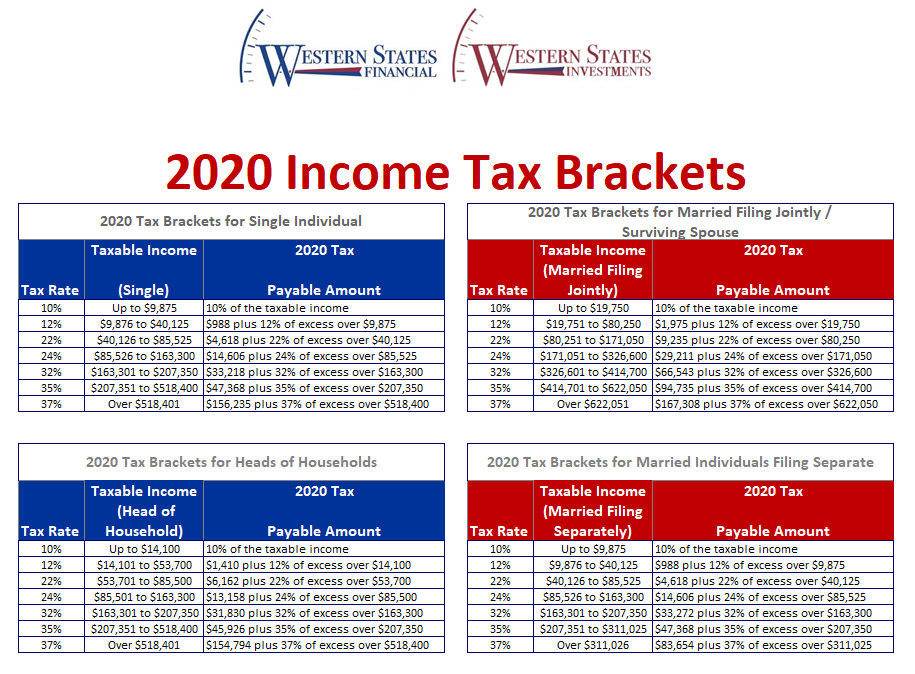
In the months immediately following the Wayfair decision, many states initially modeled their economic nexus laws after South Dakota’s. Effective July 1, only remote sellers with more than $100,000 in gross sales in South Dakota will be required to register with the state and collect and remit South Dakota’s sales taxes. Supreme Court evaluated in its 2018 South Dakota v. Separately, Senate Bill 30, enacted in February, amends South Dakota’s sales tax economic nexus statute for remote sellers, removing the 200 transactions threshold, a noteworthy simplification of the design of the 2016-enacted law that the U.S.

This rate reduction is effective for four years beginning July 1, 2023, and expiring after June 30, 2027. House Bill 1137, enacted in March, reduces South Dakota’s statewide sales tax rate from 4.5 to 4.2 percent. She did, however, approve an expansion of the GRT deduction for medical services, which takes effect July 1. A provision to reduce the rate even further-to 4.5 percent this July and 4.375 percent next July-was included in an omnibus tax bill that was sent to the governor, but that proposed rate reduction was among the provisions receiving line-item vetoes. This change is the result of a law enacted in 2022 to reduce the rate from 5.125 to 4.875 percent over two years. On July 1, New Mexico will phase in another reduction to its sales tax, known in New Mexico as the gross receipts tax (GRT), bringing the rate from 5 to 4.875 percent. 417, enacted in May 2023, nonprofit organizations making $100,000 or less in sales will not be required to collect sales taxes on otherwise taxable sales. Under current law, nonprofit organizations are not required to collect sales taxes if they make $20,000 or less in sales in a year. Starting July 1, Indiana will significantly expand its sales tax exemption for nonprofit organizations selling tangible personal property. Starting July 1, Illinois will again collect a sales tax on groceries at a preferential rate of 1 percent, well below the statewide general sales tax rate of 6.25 percent. Illinois’ one-year sales tax exemption for groceries, which was enacted in 2022 as part of the Family Relief Plan, is set to expire at the end of the second quarter, with no extension in place. The tax and the underlying program are the results of a law that was initially enacted in 2019. In Washington, a 0.58 percent payroll tax to fund a mandatory long-term care insurance program will take effect July 1, 2023, following litigation that resulted in various legislative changes and delays. Notably, any such tax rate must be levied in increments of one-hundredth of one percent (0.01 percent), not exceeding two-tenths of one percent (0.20 percent), and it may be in effect for no more than 25 years. Senate Bill 417, which was enacted in May and takes effect July 1, allows Indiana counties to adopt local income taxes to pay for county staff expenses related to the state’s judicial system. Rather, this report focuses on major structural changes, including rate changes, the implementation of new taxes, and notable changes in the tax bases of major statewide taxes. This is not an exhaustive list, as it does not capture changes to certain credits, exemptions, definitions, administrative procedures, calculations, or provisions that are relatively minor or only affect a small share of taxpayers. We have provided an overview of these tax policy changes below. Further, a few states had notable tax policy changes take effect after January 1, 2023, but before July 1, 2023. Separately, across 11 states, at least 22 notable tax policy changes have been enacted or phased in this year and are retroactively effective as of January 1, 2023, including income tax reductions in Arkansas, Michigan, North Dakota, Utah, and West Virginia.

On July 1, 2023, at least 32 notable tax policy changes will take effect across 18 states, including sales tax rate reductions in New Mexico and South Dakota, a repeal of the corporate franchise (capital stock) tax in Oklahoma, the implementation of a payroll tax in Washington, and the implementation of taxes on newly legalized sales of cannabis products in Maryland and Minnesota. However, many sales and excise tax changes take effect on July 1, which is the beginning of the fiscal year for all states except Alabama, Michigan, New York, and Texas. The majority of state individual and corporate income tax policy changes take effect on January 1, the beginning of the calendar year, to maintain consistency throughout the tax year. During this season, many states are beginning to implement policy changes that were enacted during this year’s legislative session (or that are being phased in over time). The June solstice has passed, marking the official beginning of summer and the end of most state legislative sessions.


 0 kommentar(er)
0 kommentar(er)
